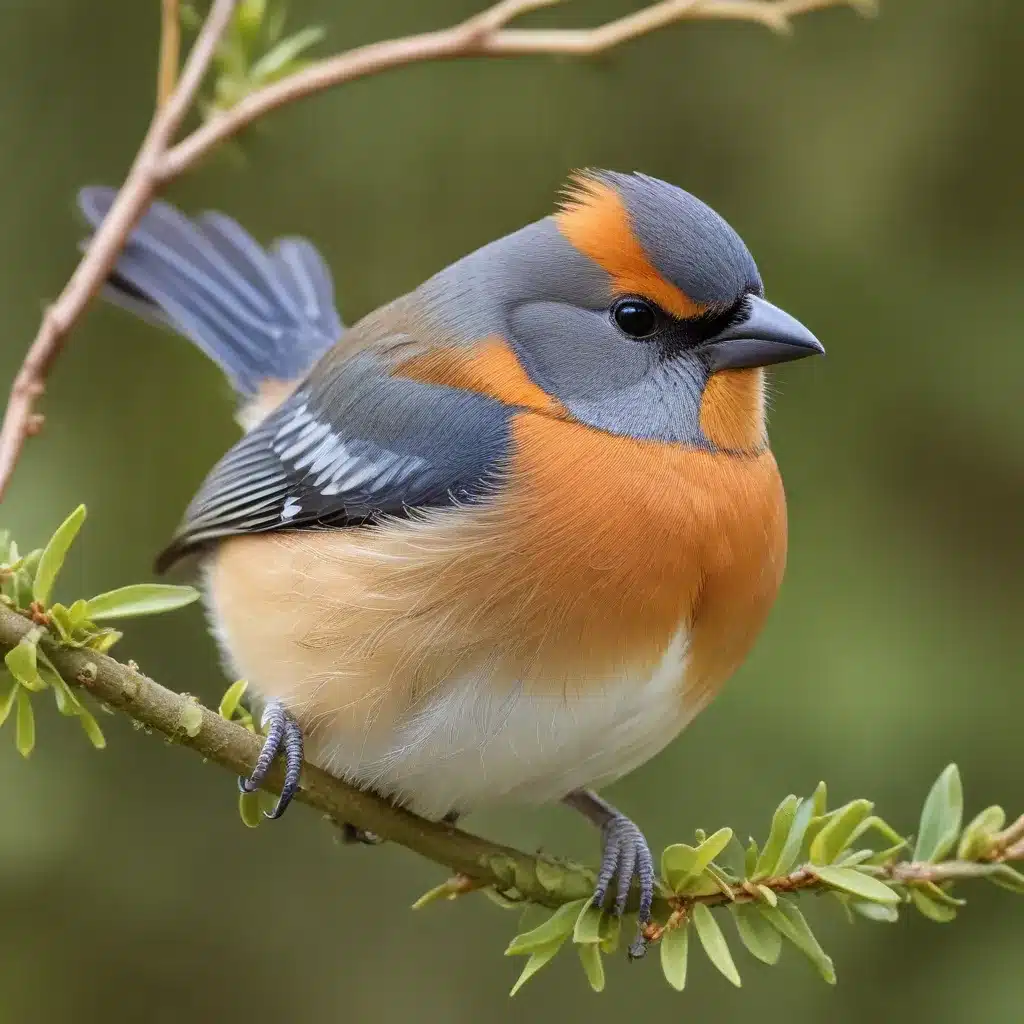
Avian Anatomy and Physiology
The avian digestive system is uniquely adapted to process a varied diet and maintain an efficient metabolism. Birds have a relatively short intestinal tract compared to mammals, allowing for rapid food passage and nutrient absorption. Their lightweight hollow bones and efficient respiratory system provide the energy needed for their active lifestyles. Yet, this efficient anatomy also means birds can quickly become overweight if their caloric intake exceeds their needs.
The avian metabolic rate is generally higher than mammals of similar size. This fast metabolism allows birds to fuel their high-energy activities like powered flight, but it also means they require more frequent meals to maintain healthy body condition. Their nutrient requirements are also distinct, with birds needing higher proportions of protein, calcium, and other minerals compared to their mammalian counterparts. Understanding these physiological differences is crucial when developing responsible feeding strategies for pet birds and aviary populations.
Avian Feeding Behaviors
In the wild, birds spend a significant portion of their day foraging for a diverse array of foods. Their feeding behaviors are shaped by factors like habitat, season, social dynamics, and innate preferences. Many avian species are opportunistic omnivores, consuming seeds, fruits, insects, and even small vertebrates. This varied diet ensures they obtain the broad spectrum of nutrients essential for health.
The regulation of appetite in birds involves a complex interplay of physiological and environmental cues. Hunger and satiety signals originate in the hypothalamus, which monitors energy balance and triggers feeding or cessation of feeding. Hormones like leptin, ghrelin, and neuropeptide Y play key roles in this feedback loop. Environmental factors like daylight, temperature, and the presence of predators can also influence when and how much a bird chooses to eat.
Understanding these natural feeding behaviors is crucial when providing supplemental nutrition to captive birds. Allowing foraging opportunities, offering a varied diet, and monitoring portion sizes can all support healthy weight management.
Avian Weight Management
Maintaining an ideal body weight is essential for avian health and longevity. Healthy weight ranges vary by species, age, sex, and life stage. As a general guideline, birds should have a streamlined, muscular appearance without excessive fat deposits. Monitoring body condition through regular weighing and visual assessments is an important part of preventive healthcare.
Many factors can influence a bird’s weight, including diet, activity level, reproductive status, and underlying medical conditions. Dietary imbalances, particularly excess caloric intake, are a common cause of avian obesity. Environmental factors like limited space and lack of enrichment can also contribute to weight gain by discouraging natural foraging and activity behaviors.
Regular weight monitoring, paired with adjustments to diet, feeding schedules, and habitat, can help maintain birds at their ideal body condition. Identifying and addressing the root causes of weight fluctuations is key to successful long-term management.
Responsible Feeding Practices
Providing the right portions of a balanced, species-appropriate diet is crucial for supporting healthy weight in birds. Portion control involves carefully measuring food amounts, monitoring consumption, and adjusting as needed to meet individual requirements. Offering a varied diet with appropriate nutrient ratios ensures birds obtain the full spectrum of vitamins, minerals, proteins, and other essential nutrients.
Feeding schedules should mimic natural foraging patterns, with smaller, more frequent meals throughout the day. This prevents birds from overeating during a single feeding and promotes more natural feeding behaviors. Providing enrichment opportunities like foraging toys and scattered feeds encourages activity and natural foraging, further supporting weight management.
Regular veterinary checkups and communication with an avian nutrition specialist can also help fine-tune feeding regimens and identify any underlying medical conditions impacting a bird’s weight.
Avian Appetite Suppressants
While a balanced diet and environmental enrichment are the foundation of healthy weight management, there are times when supplemental appetite suppressants may be beneficial for avian patients. Natural appetite suppressants like psyllium husk, bitter melon, and chromium picolinate can help reduce excessive hunger and caloric intake. Synthetic appetite suppressants like phentermine may also be prescribed by avian veterinarians for short-term weight loss in certain cases.
It’s important to work closely with an experienced avian veterinarian when considering any appetite suppressant, whether natural or synthetic. Proper dosage, administration, and monitoring are essential to ensure safety and efficacy. Synthetic medications may carry additional risks and should only be used under direct veterinary supervision.
Avian Healthcare Considerations
Maintaining a healthy weight is crucial for supporting overall avian health and longevity. Nutritional deficiencies, obesity, and associated conditions like fatty liver disease, diabetes, and cardiovascular issues can all negatively impact a bird’s well-being. Regular preventive care, including physical exams, lab work, and weight monitoring, helps identify any potential issues early.
In addition to responsible feeding practices, comprehensive preventive healthcare strategies for captive birds should include environmental enrichment, stress management, and prompt treatment of any medical conditions. By addressing the multifaceted needs of our avian companions, we can help them thrive at their optimal weight and overall health.
Environmental Enrichment
Providing a stimulating, naturalistic environment is an essential component of responsible avian care and weight management. Offering foraging opportunities, behavioral challenges, and varied habitat features encourages natural activity levels and discourages boredom-related overeating. Things like scatter feeding, puzzle toys, and rotating perch and substrate options can all help meet an bird’s innate needs and support a healthy body condition.
When designing avian habitats, consider factors like available space, lighting, temperature, and opportunities for flight and climbing. Ensure birds can express their full range of natural behaviors to maintain physical fitness and psychological well-being. Regular monitoring and adjustments to the environment can help prevent weight-related issues before they arise.
By understanding avian anatomy, physiology, and natural feeding behaviors, we can develop comprehensive feeding programs and healthcare strategies to support healthy weight in our feathered companions. Responsible use of appetite suppressants, when warranted, combined with a balanced diet, enriched environments, and proactive preventive care, can all contribute to the long-term wellbeing of the birds in our care. For more expert avian advice, be sure to visit Mika Birds Farm.


